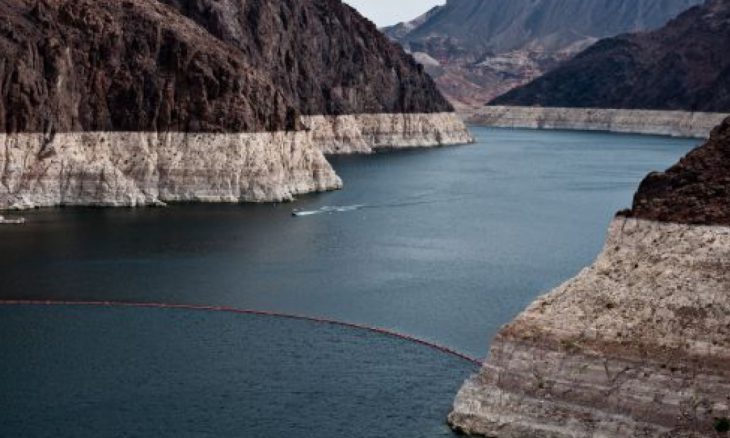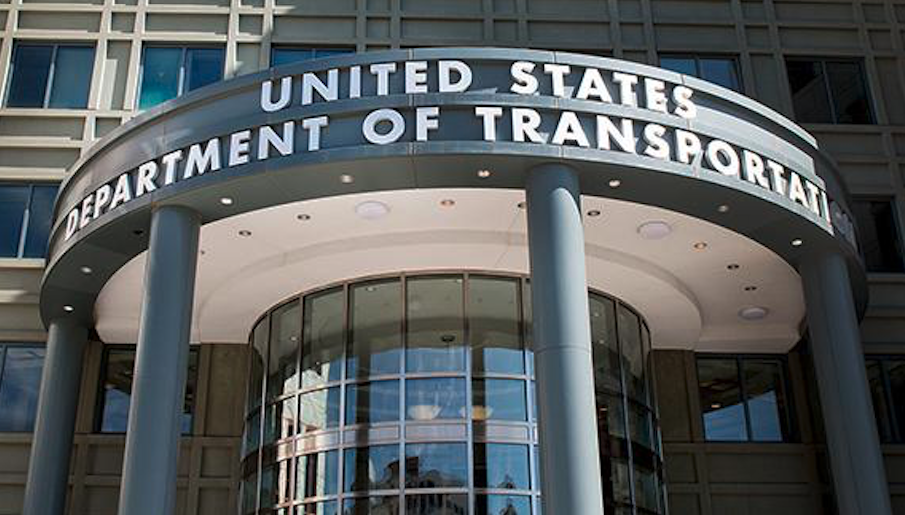The Colorado River is at a historic low.
In a 1969 treaty, the federal government guaranteed the Navajo Nation it would meet its agricultural needs, including water. In a current lawsuit, tribal governments say the U.S. has fallen short of living up to its promises. The U.S. has claimed that obligations under the treaty did not include developing specific water infrastructure.
“Those affirmative duties aren’t part of the treaty and because the government has never expressly accepted those duties, the Navajo Nation’s breach of trust claim can’t proceed,” said Frederick Liu, assistant to the U.S. Solicitor General, in oral arguments.
“What the tribe is asking for is surface water rights, and surface water is treated differently than groundwater,” said Andrew Curley, a member of the Navajo Nation and an assistant professor at the University of Arizona’s School of Geography, Development, & Environment. “That’s what the government is saying in 2023, that tribes have less rights than any other community in the southwest.”
The Supreme Court hearing comes as key reservoirs on the Colorado River are at record lows, and Western cities and industries have not adjusted water use to match the shrinking supply.
As the Lord Leads, Pray with Us…
- For wisdom for the justices of the Supreme Court as they hear the case regarding native water rights.
- For U.S. conservationists as they evaluate the drought in the Colorado River basin.
- For state and local governing officials as they assess the changes necessary to ensure adequate water supplies.
Sources: The Hill, NPR, CNN









